Why Is My Eye Twitching? (And When Should I Worry About It?)
Why Is My Eye Twitching? (And When Should I Worry About It?)
Let’s talk about something that drives a lot of my patients a little nuts — eye twitching.
You’re sitting at your desk, trying to focus… and then it hits. That annoying, fluttery spasm under your eye that seems to have a mind of its own.
It’s harmless, right? Usually. But it can feel like your eyelid has entered a secret rebellion.
Let’s break down what’s really going on, when to worry, and what you can do to calm things down.
So, What Is an Eye Twitch?
The medical term for an eyelid twitch is myokymia. Sounds fancy, but it just means there's a little muscle — the orbicularis oculi — that’s having a mini-meltdown. It’s the same muscle that helps you blink and close your eye.
Most of the time, the twitch happens in the lower eyelid and can last anywhere from a few seconds to several weeks. Some patients even feel pressure on the eyeball itself and swear their actual eyeball is twitching (it’s not — that’s rare, but I get why it feels that way).
Here’s the good news: it’s usually not serious. But it is annoying.
What Causes It?
This is where it gets relatable. In my experience, the biggest culprits are:
Stress (big one)
Caffeine overload (yes, that third cup counts)
Not enough sleep
Dehydration
Eye strain from screens
Alcohol
Electrolyte imbalance (especially low potassium)
Excessive physical activity
In rare cases, neurological conditions like Tourette syndrome
Basically, it’s your body’s way of saying: “Hey, I’m tired and overstimulated — give me a break.”
Should You See an Eye Doctor?
Most people don’t need medical treatment. But if your twitch:
Lasts longer than a few weeks
Spreads to other parts of your face
Comes with redness, swelling, or droopy eyelids
Affects your vision
…then it’s time to book in with your optometrist. It’s rare, but twitching can sometimes be a sign of something more serious.
Bonus: visits for eye twitching are now covered by Alberta Health Care. So you don’t have to wonder — you can just come in and get answers.
How to Get Rid of a Twitchy Eye (Fast)
If you're looking for a magic fix, I wish I had one. But the truth is, most eye twitches calm down once you remove the triggers. That said, here’s what I recommend if you want to speed things up:
✅ Cut the caffeine — immediately. Even one cup too many can overstimulate your nervous system and trigger twitching. Switch to water or herbal tea for a few days.
✅ Sleep like it’s your job. A single solid night of rest can make a huge difference. Your eyes recover while you sleep — give them that chance.
✅ Hydrate. More than you think. Most of us are walking around dehydrated. Aim for 2–3 litres of water daily. You’d be surprised how often a twitch disappears with proper hydration.
✅ Eat potassium-rich foods. Bananas, avocados, leafy greens — these support muscle function and calm overactive nerves.
✅ Cool compress or warm compress — your choice. Both can soothe the eyelid muscles. Try one for 5–10 minutes and see what works for you.
✅ Screen detox. If your day is full of phone, tablet, and computer time, you need breaks. Follow the 20-20-20 rule: every 20 minutes, look 20 feet away for 20 seconds.
✅ Stress less — seriously. Easier said than done, I know. But even five minutes of breathing exercises or unplugging from your phone can reset your nervous system.
Still twitching after a few days? Come see me. Alberta Health Care covers it, and we’ll rule out anything more serious.
Final Thought from Me
I see eye twitching almost every week in the clinic — and 99% of the time, it’s a gentle reminder from your nervous system to slow down. But I get it — it feels weird and sometimes even scary.
So if you’re not sure whether yours is “normal” or not, come see me. We’ll take a closer look, rule out anything serious, and walk you through some easy ways to calm things down.
Your eyes deserve to feel as good as they help you see.
Disclaimer: The content provided on this website, including blog posts authored by Dr. Ross McKenzie, is intended for general informational purposes only. It does not constitute medical advice, diagnosis, or treatment, and should not be relied upon as a substitute for consultation with a licensed optometrist or healthcare provider. No doctor-patient relationship is established through the use of this website or its content. The information shared is not intended to endorse or recommend any specific medical treatments or guarantee outcomes. Users are encouraged to consult their own healthcare providers regarding any health concerns. The team at drrossmckenzie.ca does not assume liability for any decisions made based on the information provided. Use of this website is at your own risk.
Hey there, I’m
Dr. Ross McKenzie
I’m an Edmonton-based optometrist who believes clear vision is about more than just eyesight — it’s about seeing your life, your work, and your health with clarity.
I love smart tech, sharp lenses, and helping people show up fully in every part of their day — whether that’s behind a desk, behind the wheel, or on a ski hill.
My Mission? To bring real, honest eye care to real people — with a side of science, strategy, and style.




